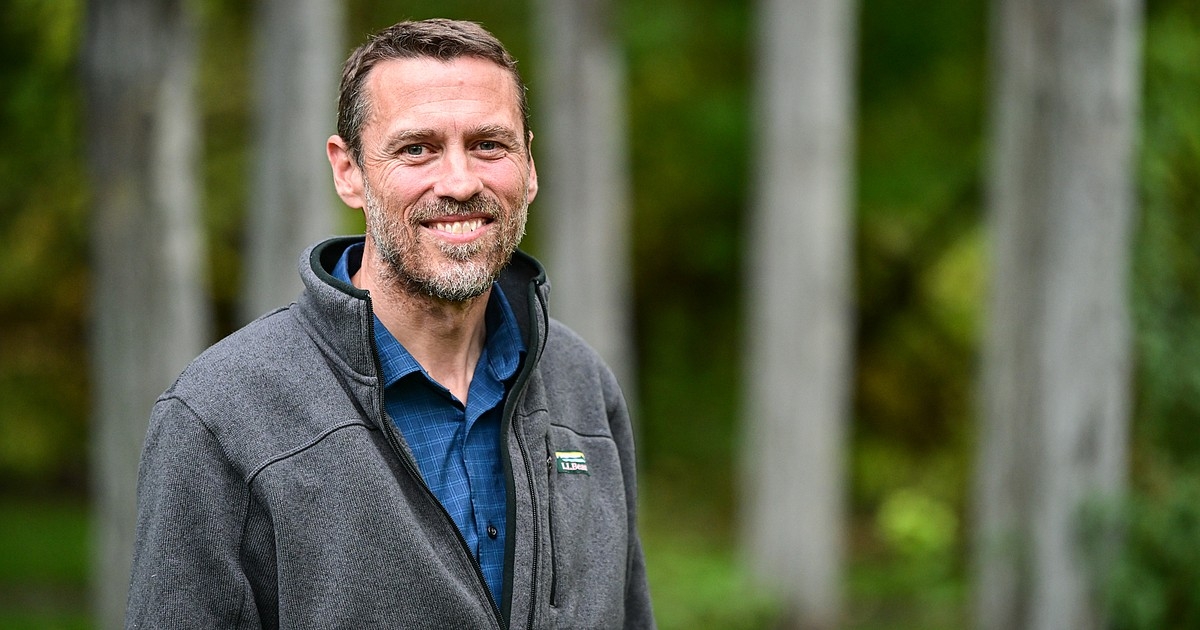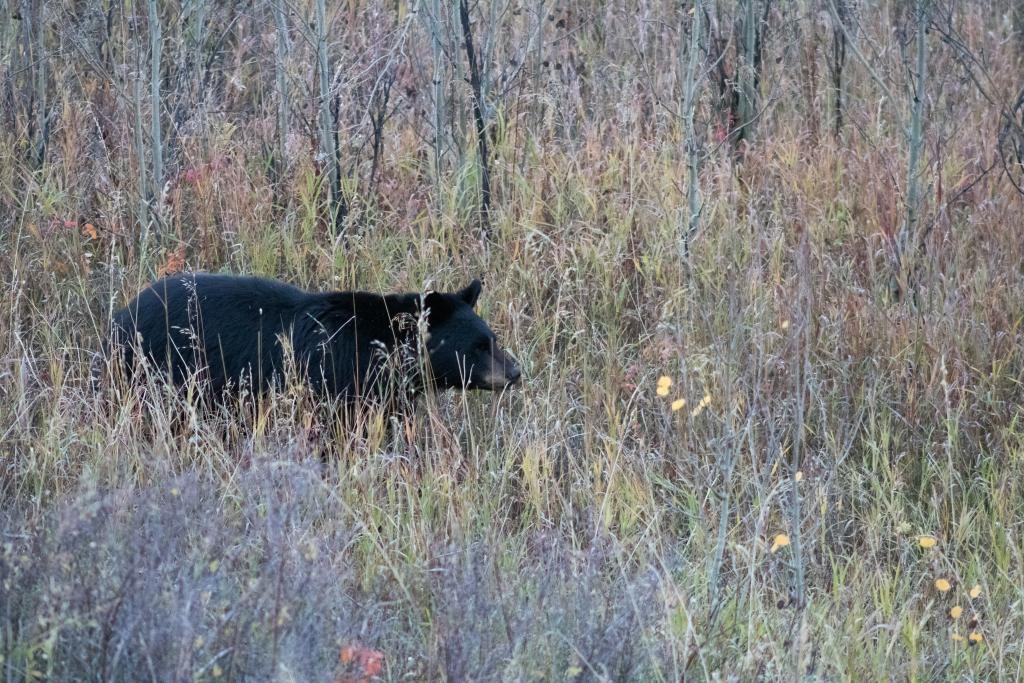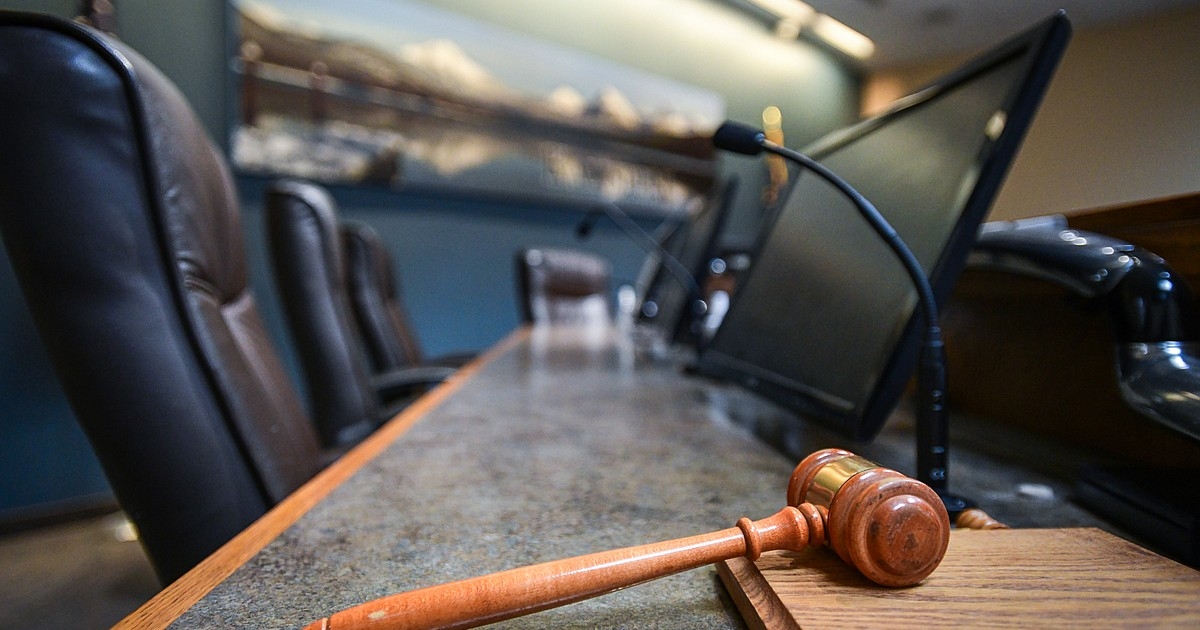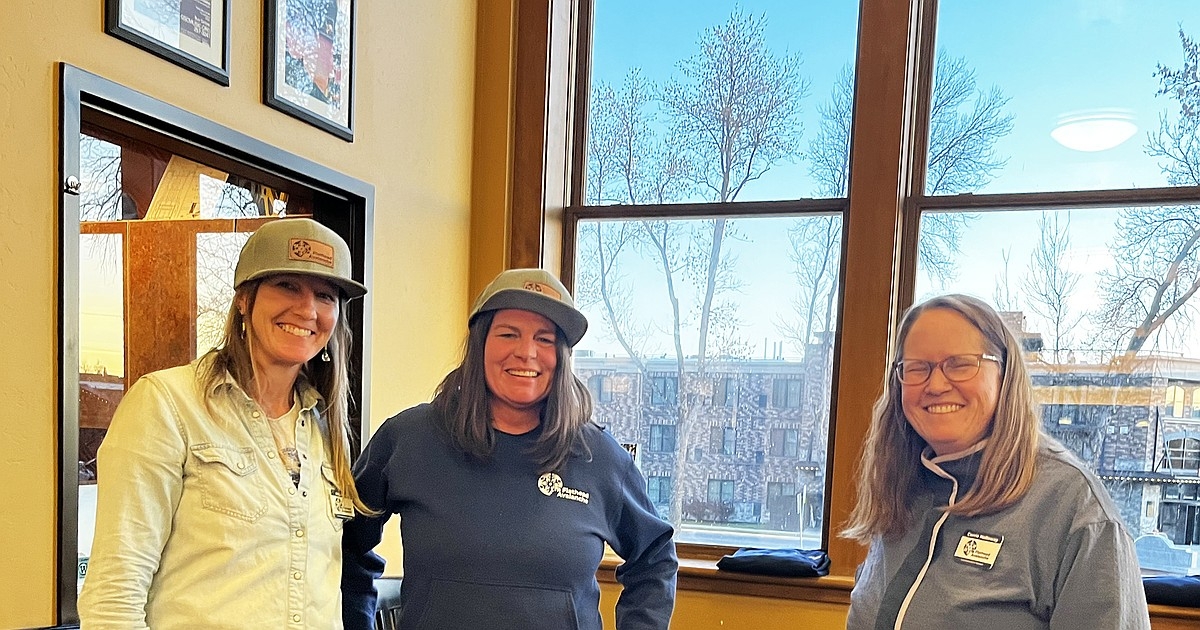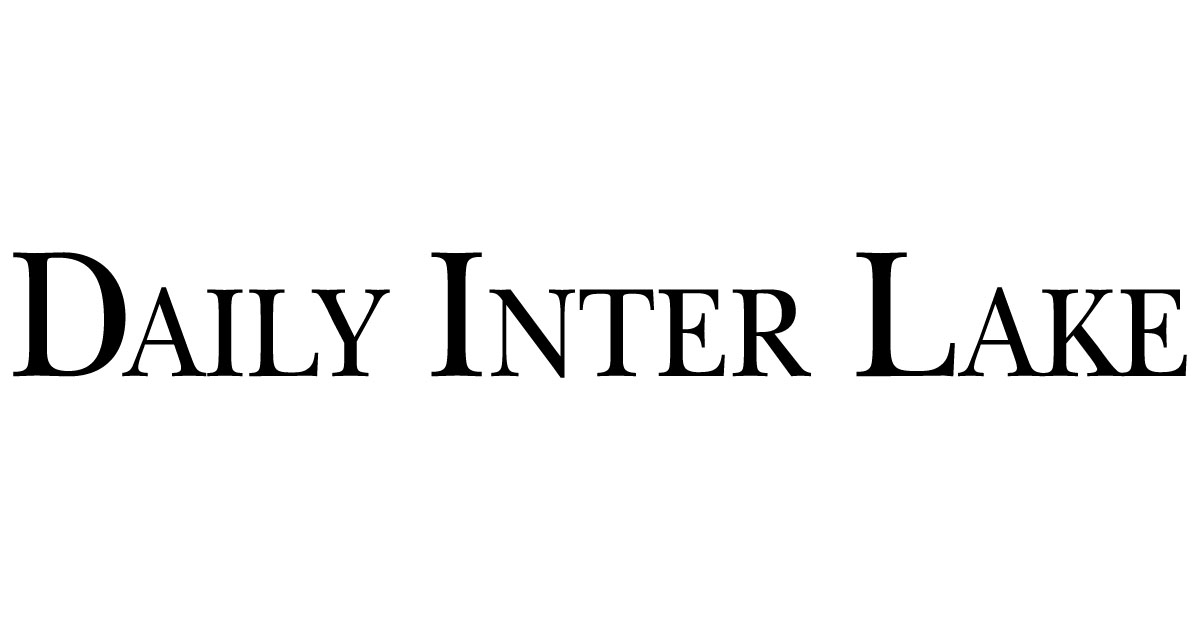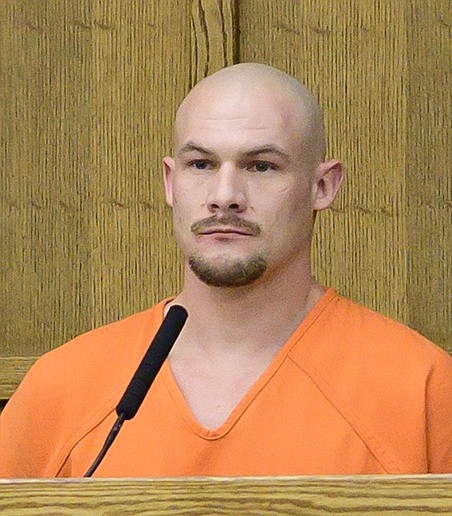Description
They are Montana’s largest Republican cities, but Billings and Kalispell will be led by mayors whose campaigns were fueled by mostly Democratic donors following tight November elections.
Analysis of donations flowing into the nonpartisan races for mayor shows Democratic donors lining up behind Billings hotelier Mike Nelson and Kalispell’s Ryan Hunter, a city council member with an urban planning background. The wins amounted to blue coups in decidedly Republican communities. Both winners captured more than a third of the vote in races featuring more than two candidates.
“I think the outcome of this election was frankly driven by progressive legislation passed more than 50 years ago,” said Jeff Essmann, a former Billings Republican legislator and one-time chair of the Montana GOP. “Multiple-candidate general elections. Those statutes that allow those plurality elections. The unfortunate thing is that for the next four years, we do not have a mayor that’s supported by the majority of the voters in Billings who voted for somebody else.”
A downtown businessman credited with bringing a historic Northern Hotel back to life, Nelson won a four-way race by 177 votes. His father, Thomas, was a Republican legislator from Billings Heights. Essmann could only think of a couple times in the last half-century that mayoral candidates backed by Democratic donors and organizers prevailed in Billings, the hub of a community anchored by three oil refineries, the state’s busiest stockyards, a rail yard, and Montana’s largest medical services provider. At 171,583 people, Yellowstone County is Montana’s most populous.
More than a quarter of Montana’s Republican vote in 2024 statewide races came from Yellowstone and Flathead counties, where top-ticket GOP candidates captured better than 60% of the electorate.
The Democrats’ candidates for statewide office in Flathead and Yellowstone counties that same year captured a third of the vote, slightly lower than the share of the vote the winning candidates for mayor this year received. Nelson captured 38.9% in a four-candidate race, Hunter 39.5%
At a time when Montana Republican leadership insists the state is becoming “deep red,” the losses in the state’s most Republican cities raised eyebrows of election veterans.
“We’re talking about places where it’s not that easy for a Democratic candidate to win a third of the vote,” said Chris Saeger, a Whitefish-based political adviser for environmental and Democratic causes.
In the Billings race, roughly two-thirds of donors to Nelson’s campaign were reliable donors to Democratic candidates in partisan races in previous elections, according to campaign finance analysis by Montana Free Press. Nelson raised $68,244. His main opponent, former Yellowstone County Republican party chair and city council member Jennifer Owen, received roughly 95% of her $44,015 in donations from donors who in past partisan elections donated exclusively to Republican candidates. The donation history of each contributor was tracked using data compiled by followthemoney.org, a campaign spending watchdog.
The distribution of donations in the Kalispell mayoral race was a little more complex. The most robust campaign belonged to Kisa Davison, identified as the “only true conservative” in the race by MT United, a Republican political action committee based in Billings. The PAC waged a mail ad campaign that also branded Hunter as a Democrat and Sid Daoud as a Libertarian.
Daoud is a veteran Libertarian candidate for federal office, who made headlines in 2024 when President Donald Trump asked him to withdraw from Montana’s U.S. Senate race to clear a victory path for Tim Sheehy, the Republican who prevailed. Daoud declined.
Davison outraised Hunter $34,287 to $10,584. The Kalispell contractor and fitness instructor’s donations came from reliable contributors to Republican campaigns, with 11% of her contributions coming from donors who had primarily given to Democratic candidates. Democratic donors accounted for 93% of Hunter’s donations.
But Daoud’s donations threw a curveball into the Kalispell mayoral race. A former chair of the Montana Libertarian Party, Daoud pulled donations from both Libertarian donors and Republicans, including Flathead County influencers Ray Thompson, founder of semiconductor manufacturer Semitool, and Annie Bukacek, a long-time anti-abortion crusader and current state utility commissioner. Almost 40% of Daoud’s donations came from those who had previously given to Republicans.
The sentiment among local Republicans is that Daoud split the conservative vote with Davison, creating a victory path for Hunter.
“I think there were a number of missteps,” said Tammi Fisher, a former Kalispell mayor and host of the Montana Values Podcast, known for its pointed assessments of the state’s Republican politicians. “I think the City of Kalispell definitely did not issue a mandate in this race. There was a turd in the punchbowl. The missteps created that turd and let Ryan roller skate on in.”
Daoud is the punchbowl surprise in Fisher’s metaphor. She said the Flathead County Republicans didn’t do enough to promote Davison, who trailed Hunter by 265 votes. Davison touted an endorsement from U.S. Rep. Ryan Zinke, who lost Flathead County by several thousand votes in his 2022 primary. Meanwhile, Daoud scored the endorsement of former U.S. Rep. Matt Rosendale, a popular figure with Kalispell conservatives.
The city’s outgoing mayor, Mark Johnson, had served for 12 years. Fisher said not enough was done to inform Kalispell voters that the status quo wasn’t on the 2025 ballot.
The winning percentages in the Billings and Kalispell mayor races reminded observers of Democrat Bill Clinton’s plurality victory in Montana with 37% of the vote in the 1992 presidential election, a percentage common for statewide Democratic candidates in losing efforts.
Kalispell Democrats who voted for Hunter said the win was more about merit.
“I think he just won the darn election,” said Joan Ehrenberg, a former Flathead County Democratic Party chair and precinct officer. “He did a good job because he cares so much about Kalispell. I stayed up on election night and watched the results come in. I wasn’t going to sleep because he was ahead. He told me he was going to win.”
Hunter’s campaign knocked on more than 5,000 doors in Kalispell, Saeger said. The candidate had also been successful previously as a city council candidate in the northwest Montana city sandwiched between Glacier National Park and one of the West’s largest freshwater lakes.
Montana’s municipal races fall into the same nonpartisan classification as the state’s judicial races, which are the focus of a years-long political push by Republicans to make partisan contests. Nonpartisan candidates are prohibited by law from identifying with a party, though First Amendment rights allow parties to make public endorsements and run separate campaigns promoting candidates the parties prefer.
Donors to nonpartisan campaigns in this fall’s mayoral races seem to find the candidates for their partisan preference regardless.
Other Related News
11/19/2025
Montana FWP has reported two bear charges in remote areas of Madison County and closed a p...
11/19/2025
Mayor Mark Johnson came down hard Monday on public criticism of the citys proclamation en...
11/19/2025
The 15th annual Northern Rockies Snow and Avalanche Workshop an entire day of learning de...
11/19/2025
Schellinger Construction has paid a 15000 fine levied by the Flathead Conservation Distri...
11/19/2025


